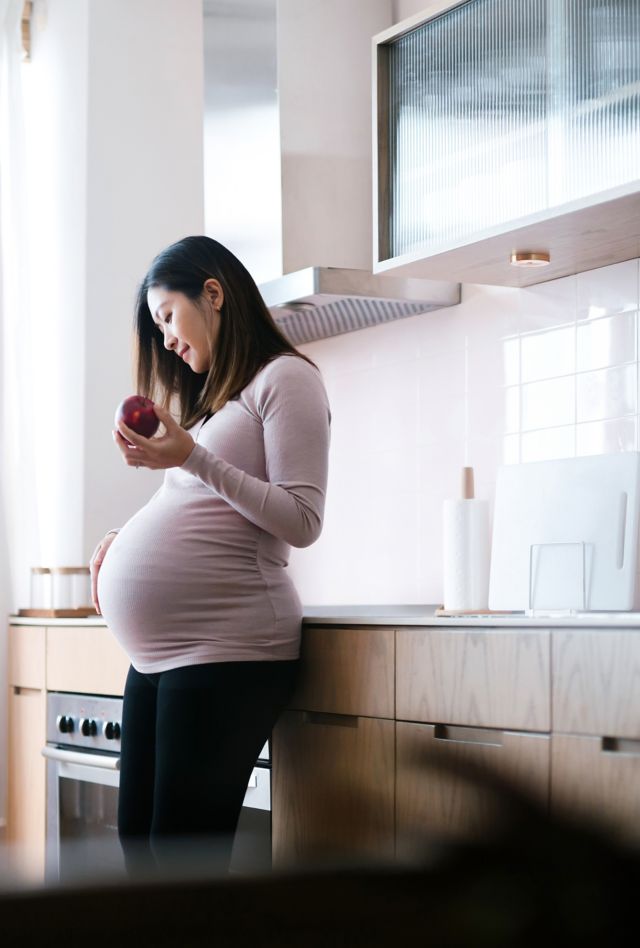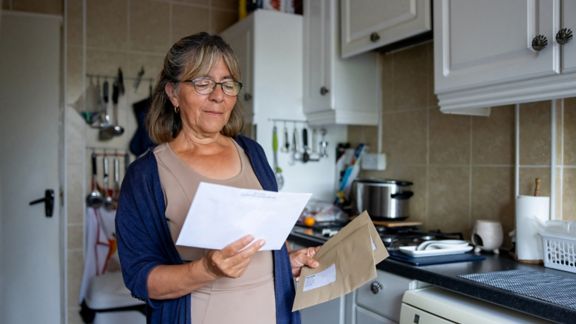LEO Maternity Homes Follow-Up Interviews

Challenge
Lack of stable housing for expecting mothers negatively impacts both women and children.
Each year, about 160,000 new mothers in the U.S. are homeless at some time in their pregnancy. Babies born to women who struggled with housing insecurity during their pregnancy face an increased risk of premature birth or low birth weight, which, in turn, can lead to longer hospital stays, more intensive medical care, and more time in the NICU. Babies born early face more health complications and long-term developmental challenges. The trauma of housing insecurity can also have a long-term impact on a child’s understanding of the world and the way they process information.
The research is clear that a lack of stable housing for expecting mothers negatively impacts both women and children. However, less is known about what programs can do to help offset these risks. Maternity homes are an under-studied intervention that could improve outcomes for expecting mothers and their babies. These services seek to provide stable housing and comprehensive services that address both the immediate housing needs of pregnant women, as well as set the mother and child on a path towards long-term self-sufficiency.
Solution
NORC will conduct follow-up interviews with the mothers, one year post-intervention.
Through a randomized control trial, the Wilson Sheehan Lab for Economic Opportunities (LEO) is partnering with several maternity homes across the United States. Expectant mothers who enter the maternity home receive housing, supportive services, and parenting guidance while they work towards their education and employment goals. After residents leave the home, many maternity homes maintain some degree of contact, care, and support with the residents.
NORC will conduct online follow-up surveys with both mothers who have entered the maternity home and those who did not, one year after their due date.
Result
These interviews can inform efforts to expand the programs to more at-risk mothers and children.
Using the data collected during the follow-up interviews, the initial intake data, and other administrative data, the LEO researchers will track the participants’ outcomes to determine the effectiveness of these interventions. The outcomes include housing stability, educational attainment, employment, and earnings among mothers, and measures of well-being. If the data suggest the interventions improve outcomes, these findings may help to expand maternity housing programs and ultimately serve more mothers and their children.
Learn More About the Study
Visit the project page on Notre Dame University’s Wilson Sheehan Lab for Economic Opportunities (LEO) website.
Related Tags
Project Leads
-
Jeff Dominitz
Senior FellowProject Director -
Lauren E. Seward
Senior Research DirectorSenior Staff -
Benjamin Schapiro
Research ScientistSenior Staff









